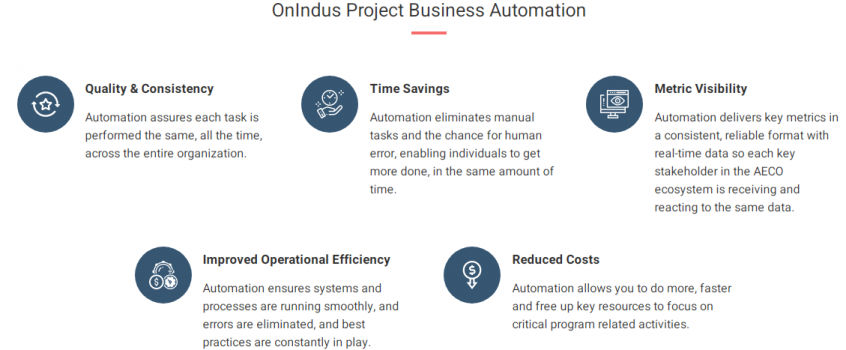In the post-Covid era, technology services will rebuild the construction business and we see how it could be made happen.
In the middle of every crisis, there lies a great opportunity. Instead of lamenting over the crisis, this is the time to introspect, reorient and reshape. Since the world is deeply impacted by the pandemic Covid-19, we’ve got no option but to strive for innovation and rapid solutions. There are opportunities in every sector, including construction, where digital transformation and advanced technologies are expected to break the glass.
Working methods have complexly changed
Over the past year, there’s a complete change in the way we work. Since we all work from home, virtual meetings have become a normal procedure. Organizations and management have started to realize that physical proximity is not mandatory in all tasks, and with the digital world evolving, more and more jobs will be added to the list of telecommuting opportunities.
Maybe psychologically WFH can be exhausting and behavioral issues may pop up but those can be addressed through training sessions. A proper set of guidelines need to be prepared to overcome this crisis.
Across the world, automation in the construction business is the new norm. Along with automation, robotics and IoT will have a critical role in ensuring the uninterrupted construction and safety of the people involved in the process. By adopting technology services in the construction industry – from design and planning to engineering and onsite work – most construction firms can overcome the slump in recent times. Look around – those who have already adopted the technology are reaping profits.
Necessity is the mother of invention
In comparison to other sectors, the construction industry is lagging in productivity for the past few decades (1% over the past two decades, compared with a 3.6% and 2.8% growth rate for the manufacturing sector and the global economy respectively).
Also, it is assumed that about 10% of construction materials are wasted, causing huge losses to the industry. And by adopting technology services, the construction industry can go the extra mile. Data-rich 3D models, cloud-based on-site and off-site project communications, and constructible BIM for error-free construction are a few options that can revolutionize the industry.
A full-scale digitalization will cut down the expenditure, which will be more like oxygen to the struggling industry.
Furthermore, digital devices like drone cameras enable following up on construction sites remotely.
Automation helps in social distancing
In the post-Covid-19 era, social distancing is to stay for a long time and this will lead to an aggressive push for automation in addition to IoT and robotics. The labor-intensive construction industry will now have to shift its focus to automation. Robotics and IoT can further help maintain the social distancing norm without hampering construction work. Taking the digital transformation to the next level, robots will be utilized for dangerous tasks in the construction field, ensuring better safety and efficiency.
Artificial intelligence and machine learning reduce human integrations, whereby securing the job site from virus infections. Moreover, workers at the job site can be tracked at any time to maintain social distancing. Also, the in-time response team will be available for medical emergencies.
Before the pandemic, digital solutions were mainly used to ensure construction efficiency and timely completion and profitability of a project. But post the pandemic, there is a fresh push with a focus on special challenges caused by the pandemic.
Some of the technology services in the construction business to transform the industry include constructible BIM, prefabricated construction, mixed reality, cloud computing, and IoT that are expected to create new benchmarks in the post-pandemic era.
A big change that we see is the huge demand for technology. Those who once opposed technology services in the construction business and voted for conservative business methods now bat for automation in construction business and other stuff that will bring out better productive outcomes with less travel, and moving more meetings online, thus reducing staff contacts in general.
The situation is to continue for few more years and those who can shift to technology at the earliest will reap the best outcomes.





